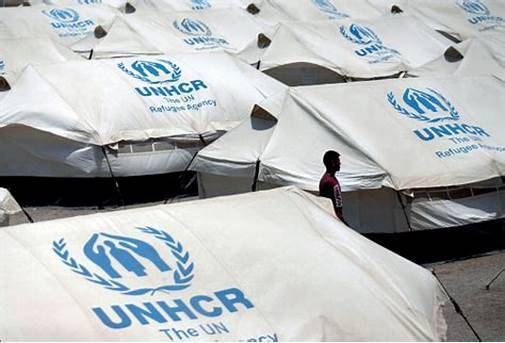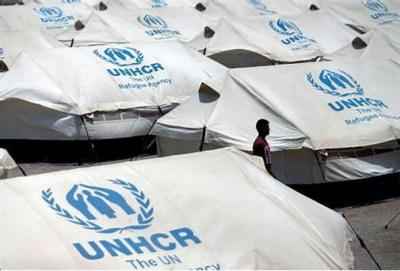Lebanon's Foreign Minister in the caretaker government, Abdullah Bou Habib, announced in a press conference that he summoned the UN High Commissioner for Refugees representative in Lebanon, Ivo Freisohn, today, Monday, and informed him of "the withdrawal of the letter sent by the commission to the Minister of Interior and Municipalities, considering it null and void." He also indicated to him the "necessity of adhering to the protocols of communication with Lebanese ministries and departments, and not exceeding the legally designated powers of the Ministry of Foreign Affairs and Emigrants, which serves as the mandatory channel for all correspondence from the commission according to agreements, treaties, and diplomatic norms."
Bou Habib stated that he informed Freisohn of "the need to not intervene in Lebanon's sovereign powers, and to adhere to Lebanese laws for all residents within Lebanese territory, whether individuals or organizations, which are inherently consistent with all international legislations." In addition, he emphasized "the need to comply with the memorandum of understanding signed with the General Directorate of General Security in 2003, published in the official gazette, and to implement it both in text and spirit. He demanded the complete database of refugees to be delivered promptly, with a deadline of the end of this month, to the General Directorate of General Security, in accordance with the memorandum of understanding signed on August 8, 2023, with the Ministry of Foreign Affairs and Emigrants."
Bou Habib confirmed to the UN representative that "Lebanon is not a country of asylum but a transit country, and he respects the spirit of the 1951 Geneva Convention relating to the Status of Refugees, although Lebanon is not a signatory to this convention," stressing "Lebanon's commitment to the principles and purposes of the United Nations as a founding state of this organization, his desire for the best relations with the UN and its affiliated international organizations, and respect for all legal charters and norms, including international humanitarian law."
Bou Habib also noted that "if the above stipulations are not adhered to and if there is continued overreach of jurisdiction, the ministry will be compelled to reconsider its dealings with the commission, akin to actions taken by other countries against the commission when similar oversteps occurred."




